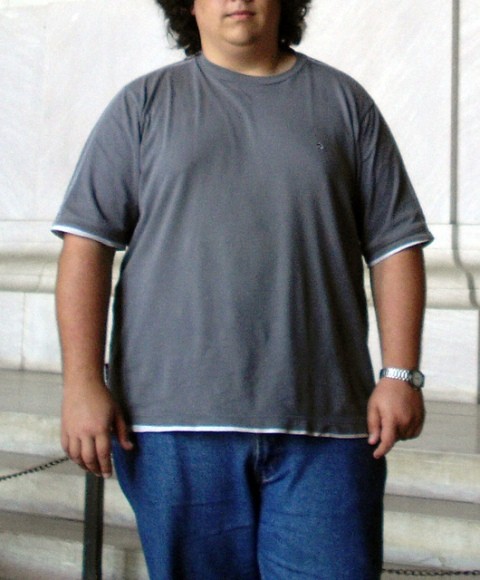Obese Teens Suffer from Nutritional Deficiencies after Weight Loss Surgeries: Study

Overweight teens that have undergone weight loss surgeries are likely to suffer nutritional deficiencies, according to a study.
Childhood obesity and weight gain in adolescence pressurizes youngsters to shed extra kilos at one go by following diet fads and even surgeries to get rid of the bulge. Changes in eating habits and diet to control any fat gain after weight reduction procedures can result in chronic vitamin and mineral deficiencies. A study by the Cincinnati Children's Hospital Medical Center found obese teens that underwent gastric bypass surgery had imbalanced nutritional status with very low vitamin D and iron in the body and also suffered from mild anemia.
The researchers examined 79 obese youngsters between 2001 and 2007 some of whom had gastric bypass surgery while the rest, although recommended, did not undergo the procedure. All participants were followed for almost seven years and it was noted the subjects who sought weight loss treatment had 28 percent overall weight reduction. But, those who did not have the surgery did not have any weight loss.
It was observed that participants from both groups had notable scarcity of vital nutrients essential to support their growing body. In addition, teens that did not have the surgery also had very low levels of protein in their blood.
"We knew there were nutritional difficulties in teens who had undergone bariatric surgery, but everyone thought it was primarily the surgery that caused these problems since gastric bypass excludes the portion of the small intestine where many nutrients, especially iron, are most absorbed," said Stavara Xanthakos, study author and medical director the Surgical Weight Loss Program for Teens at Cincinnati Children's, in a news statement.
"What this shows us is that nutritional deficiencies occur even in teens who don't undergo surgery. Severely obese patients should be screened for nutritional deficiencies, regardless of whether they've undergone weight loss surgery," Xanthakos added.
The study was presented at the annual meet of the Pediatric Academic Society in Vancouver, Canada.
May 05, 2014 07:12 AM EDT





